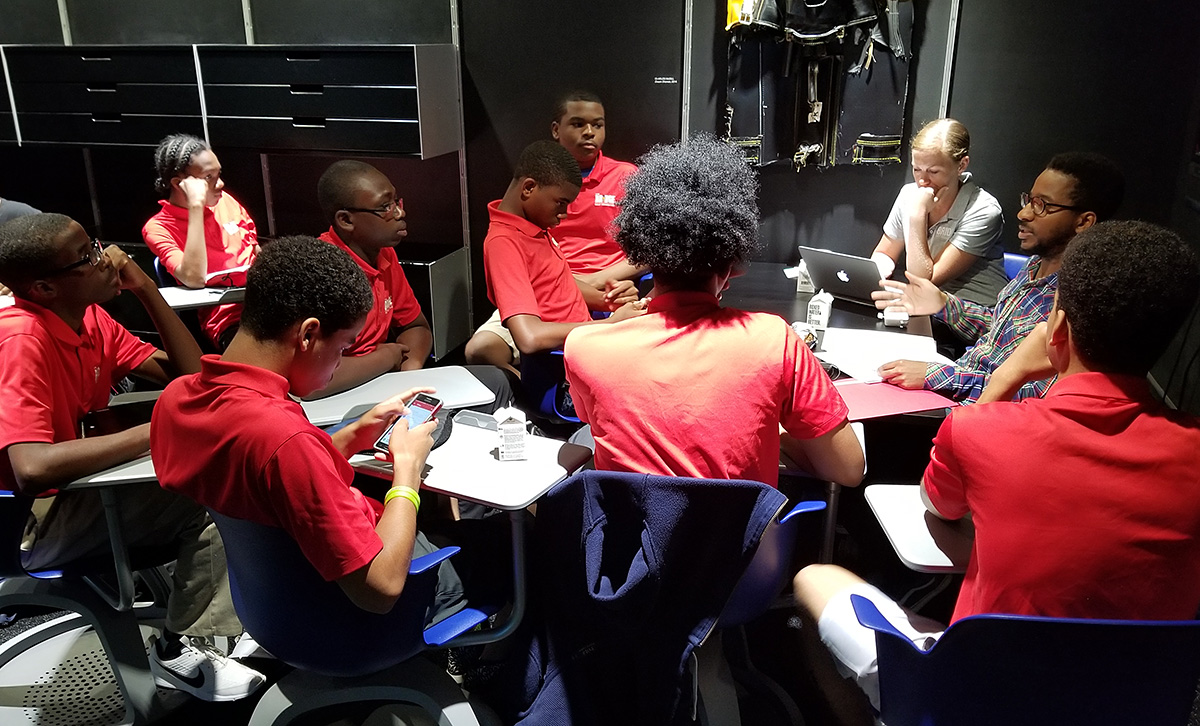 Most summer jobs are all about spending money. Our summer internships are about saving and spending, and learning how financial decisions made today can have a huge impact in the future.
Most summer jobs are all about spending money. Our summer internships are about saving and spending, and learning how financial decisions made today can have a huge impact in the future.
The high school students participating in our Youth Works program recently met with a financial adviser to talk about what to do with the $2,000 stipend they’d each be receiving over this summer for the work they’re doing for our Foundation and Learning Center, and for their time on the golf course maintenance crew at The Bridge in Bridgehampton.
First, the adviser illustrated the power of saving and investing by showing long-term wealth projections for a hypothetical $5-million-a-year athlete. The pro who spends 80% of that hefty income during his playing days is likely to be bankrupt 10 years after retiring. The pro who spends 25% and saves and invests the rest is likely to have tens of millions 30 years after retiring. It was a powerful illustration, which the students then applied to their own imminent income.
What would the future look like for a student who saved/invested $500 this summer (and spent $1,500) vs. a student who saved $1,500 (and spent $500)? In five years, the $500 saver/investor would likely have about $1,800, and the $1,500 saver/investor about $5,200. Over time, the projections were even more striking — $2,300 vs. $6,600 after 10 years, $3,500 vs. $10,200 after 20 years, and $5,600 vs. $16,000 after 30 years.
Our young men got the message, and a plan was formed to go the conservative route, saving $1,500 and spending $500. Next up, they’ll be opening checking and savings accounts, and squirreling away the majority of their earnings. But making money isn’t all business. Once they covered the serious, responsible details, they got to the fun part — how they plan to spend that $500.
Video games, clothes and shoes topped the list, and they’ll surely still make some bad decisions when it comes time to spend their cash. But after their financial literacy lesson, we’re confident they will be better prepared to handle their finances, and hopefully in less of a hurry to dispose of that disposable income.